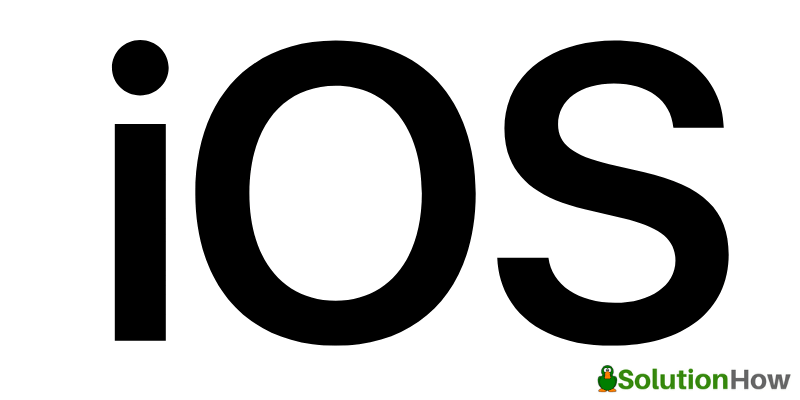When it comes to mobile game development, iOS and Android are the two major platforms that dominate the market. Each has its own set of strengths and weaknesses that developers, along with product owners, need to consider before deciding which platform to develop their game for. In this post, we’ll explore the differences between iOS and Android game development, mainly when using game development outsourcing services.
Before we dive into the differences, it’s worth mentioning that if you are looking for an Android or iOS game development company, Game-Ace can become your professional technology partner with experience in both platforms. It has a team of experienced developers greatly familiar with the different technologies and best practices required for each platform.
Market Share and User Demographics
One of the first aspects to consider when deciding which platform to develop your game for is market share and user demographics. According to Statista, as of Q4 2021, Android holds 72.92% of the global mobile operating system market share, while iOS holds 26.92%. This statistical data presupposes that if you develop a game for Android, you have the potential to reach a much larger audience. However, it’s not that straightforward.
Market share is only one of many factors to consider. User demographics also play a role in determining which platform to target. iOS users tend to be more affluent and are more likely to spend money on in-app purchases compared to Android users. On the other hand, Android users are more likely to download free apps and games. So keep that in mind.
Development Tools and Languages
Regarding game development, both iOS and Android have their packs of development tools and languages that developers need to learn in order to create games for their platforms. Down below you may get familiar with a brief overview of some of the tools and languages used for iOS and Android native game development:
iOS Development Tools and Languages

iOS
- Xcode. Apple’s integrated development environment (IDE) for developing iOS apps and games.
- Objective-C and Swift. The two main programming languages used for iOS development (though new apps are usually created with the help of Swift, the more recent technology).
- SpriteKit and SceneKit. Apple’s 2D and 3D game engines for iOS.
Android Development Tools and Languages

Android
- Android Studio. Google’s official IDE for developing Android apps and games.
- Java and Kotlin. The two primary programming languages utilized for Android development.
- Unity and Unreal Engine. Popular third-party game engines for Android.
As you can see, some significant differences exist in the tech stacks employed for iOS and Android game development. Developers familiar with one platform may need to spend some time learning the tools and languages required for the other platform.
Fragmentation and Compatibility
One of the biggest challenges of developing Android games is the platform’s fragmentation. There are thousands of different Android devices on the market, each with its own screen sizes, resolutions, and hardware specifications. This can make it challenging to ensure that your game will run smoothly on all devices.
In contrast, iOS has much less fragmentation. There are only a handful of iOS devices on the market, each with predefined screen sizes and resolutions, making it more straightforward to ensure that your game will be compatible with all iOS devices.
Solution to the Challenges
Another option to take into account in mobile game development involves using a cross-platform development tool like Unity. Unity is a popular game engine that allows developers to create games for multiple platforms using a single codebase, including iOS and Android. Such a cross-platform approach can save time and resources since you don’t need to develop separate versions of your game for each platform.
However, there are some tradeoffs to using a cross-platform development tool, such as potentially sacrificing performance and customizability. It’s essential to weigh the pros and cons of cross-platform development before making a decision. So the most optimal solution here is to address professionals before diving into production.
So, What Is the Conclusion?
Ultimately, both iOS and Android offer their unique advantages and challenges to creating gaming apps. If you are considering using game development outsourcing services to build your product, it’s better to choose a game development company Game-Ace, with experience in both platforms and the ability to guide you through the development process.
The platform you choose will depend on your target audience, development skills, and monetization goals. By understanding the differences between iOS and Android game development, you can make an informed decision and create a successful game that resonates with your target audience.






